Article by William Kustiono
Photo by Niko
After the end of World War 2, several Koreans relocated to Japan due to the war or to seek a better life with better living conditions. During this time, there was a social discrimination suffered by Koreans in Japan, especially North Koreans. When North Korea introduced the repatriation program, Koreans who lived in Japan had to go back to their fatherland. This is what happened to director Yang Yong-hi’s family back in the 1950s. Yong-hi’s three older brothers were sent back to North Korea and because of this her family was torn apart. She decided to create a movie titled Our Homeland to depict the situation after the repatriation program.
Our Homeland, the Closing Film of Asian American International Film Festival, is a movie about a North Korean expatriate who returns to Japan for a short period of time. Yoon Seong-ho played by Arata Iura, gets sent back to North Korea by his father who supports North Korea’s actions. When Seong-ho returns to Tokyo, he is shocked to see his neighborhood completely changed. It has been a long time since he traveled to North Korea. Her anti-North sister Rie, played by Sakura Ando, greets him back to Tokyo. After several days, Seong-ho finds it difficult to open up to his family and when his medical reports come out, the situation gets more complex.
The movie Our Homeland was directed by Yong-hi who captured the situation of most of the North Korean expatriates. They have to follow orders from North Korea no matter how ridiculous the orders are. Seong-ho is a loyal North Korean people and after 25 years he still cannot turn his back against North Korea. The North Korean culture was depicted in this movie as a totalitarian rule. The North Korean people have to obey the rules set by the government and may not ask questions. On the other side, her sister Rie has a different life perspective. She grew up in Japan and has more freedom compared to her brother’s life in North Korea.
In this movie, there is a political aspect that is brought to attention. North Korea represents a totalitarian country and Japan represents a democratic country. There were many democratic parties along the history, but let us stay with the common context of democracy. The beautiful aspect of this movie is that the audience can see these two cultures encounter each other when the siblings finally meet. Rie tries to convince Seong-ho to abandon North Korea, but discovers her brother to be very devoted and loyal to his country. He does not ask questions about his daily tasks in North Korea. He even does every single task given by his supervisor without thinking about the consequences facing him later on.
This movie is not your ordinary drama film, but more of documentation about life of North Korean people outside their country. They are monitored closely and follow the orders from higher ups. It is hard for them to assimilate to the new society if they are being watched closely. This movie has shown every single aspect about North Korea culture and Japanese culture and how they are totally different from each other.
Director Yang Yong-hi is a second-generation Korean resident who was born in Osaka, Japan. She belongs to the ethnic Korean minority community in Japan, many of them descendants of Koreans brought there during Japan’s 1910-1945 colonial rule of Korea. Yang said she is still afraid for her brothers’ safety after the release of her films over the past 15 years, but will continue to direct films about her family and make herself to be popular so she can be the voice to protect her family in North Korea since she is banned from entering North Korea. Our Home land won the C.I.C.A.E. Panorama film award at the 2012 Berlin International Film Festival.
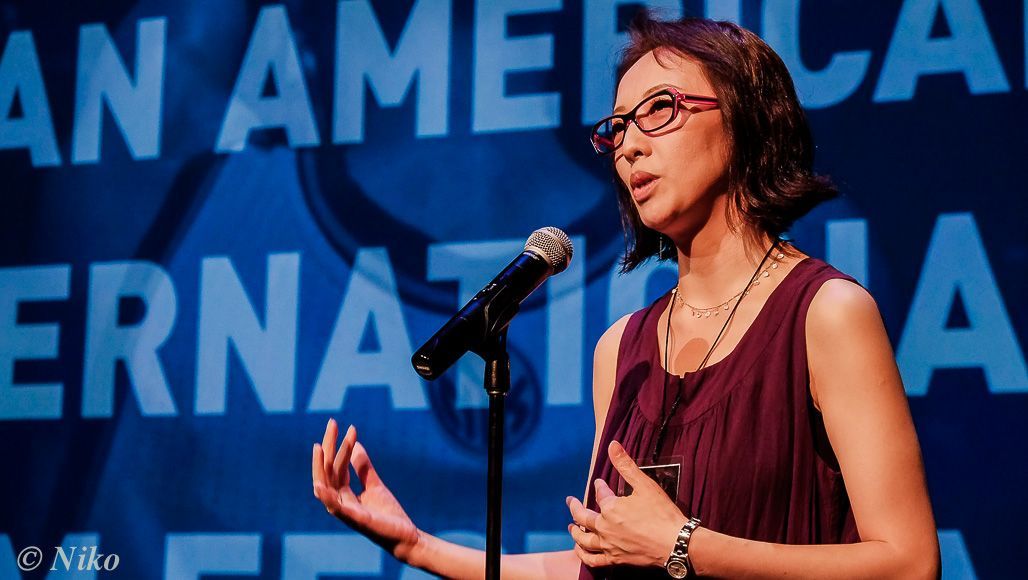
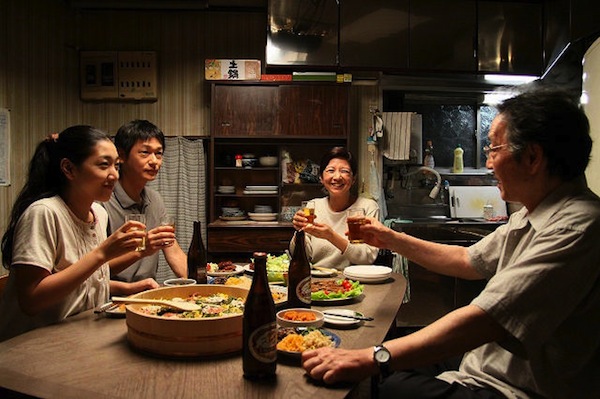
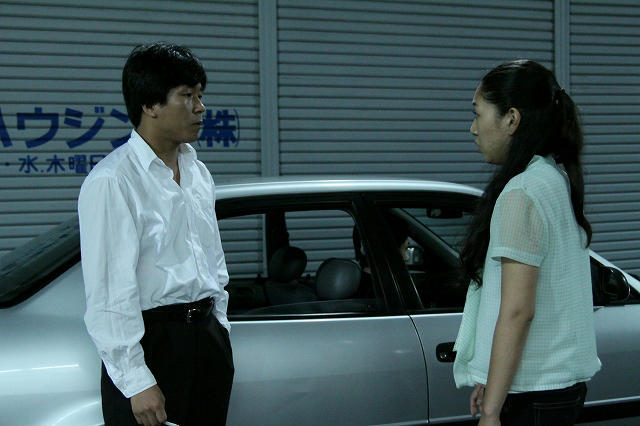
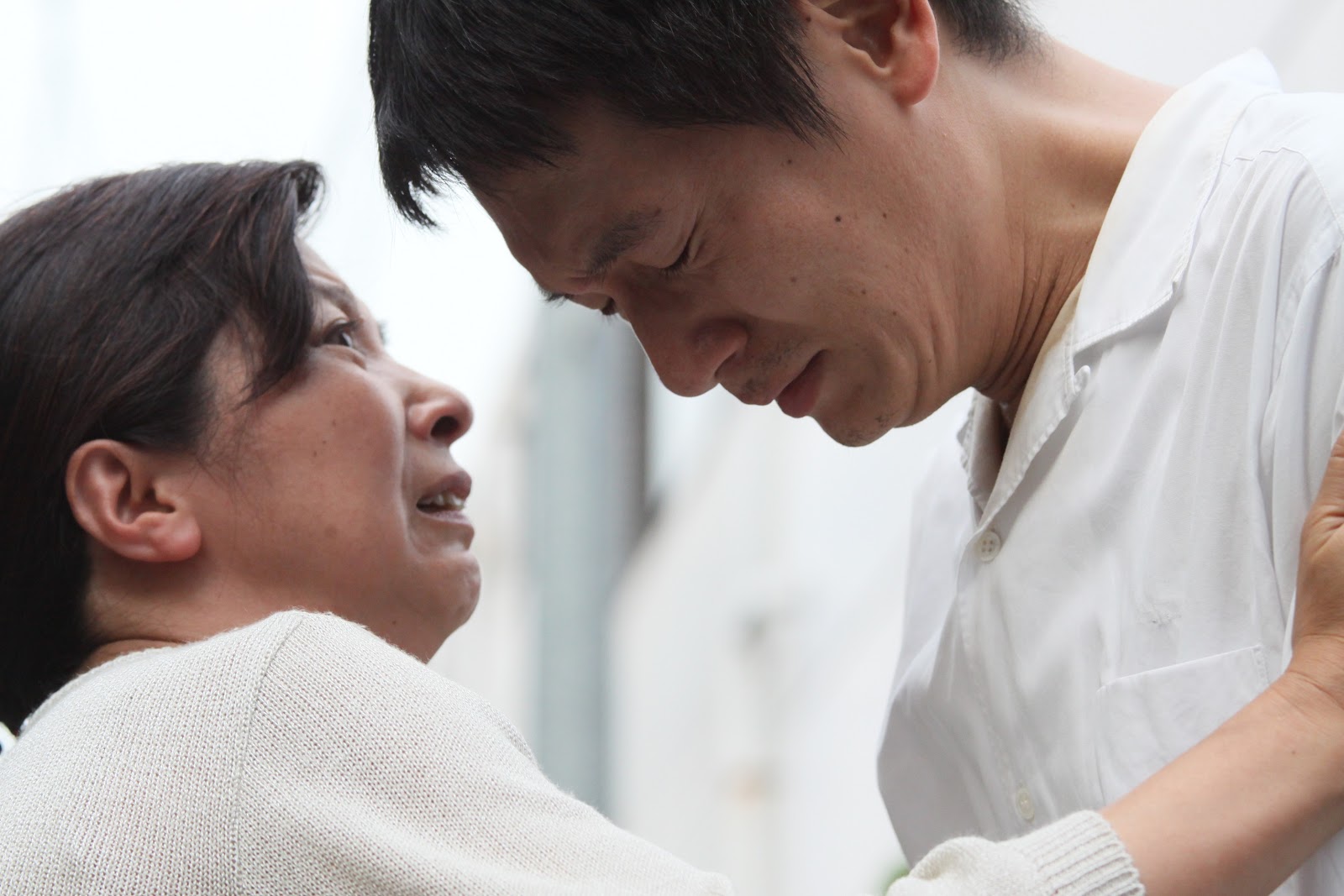
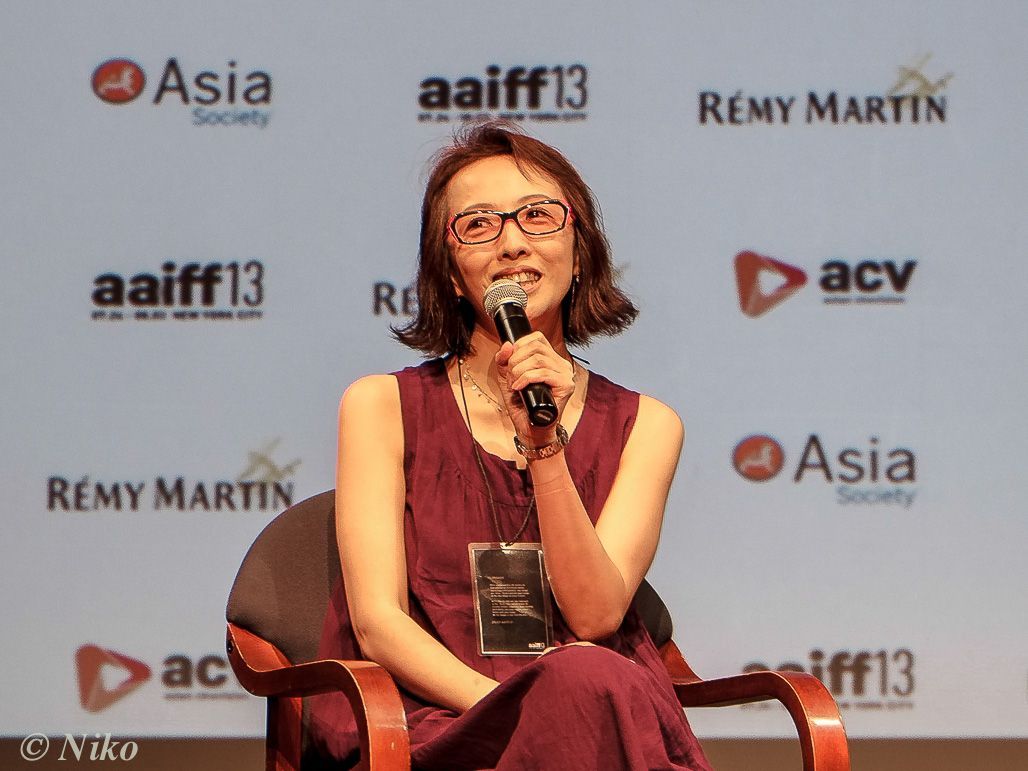
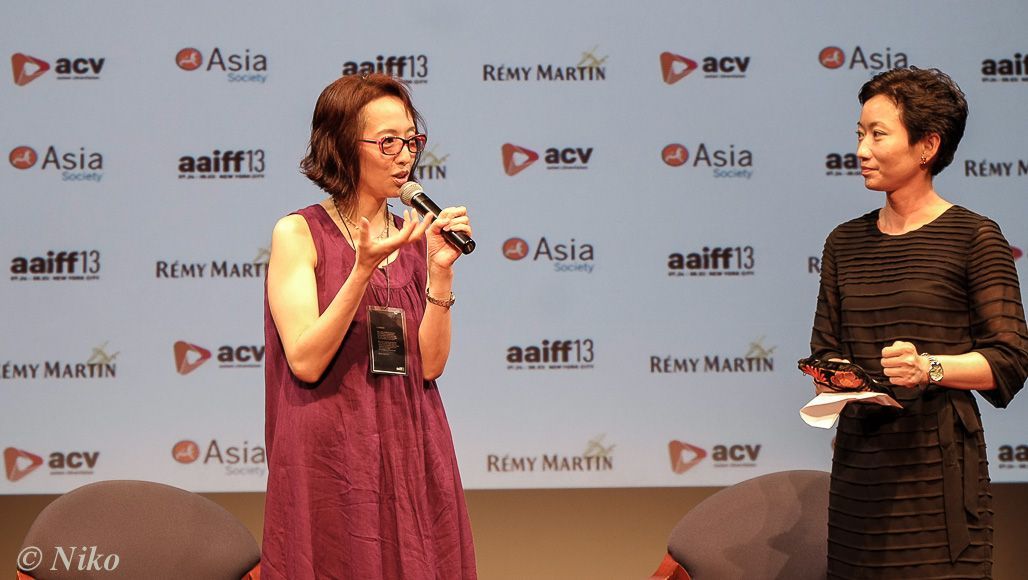
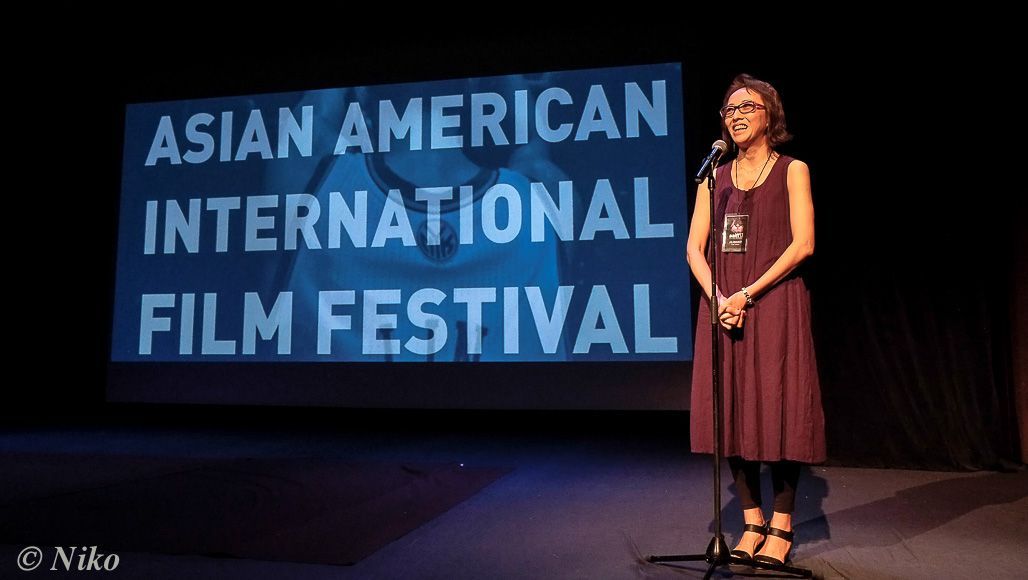
Leave a Reply